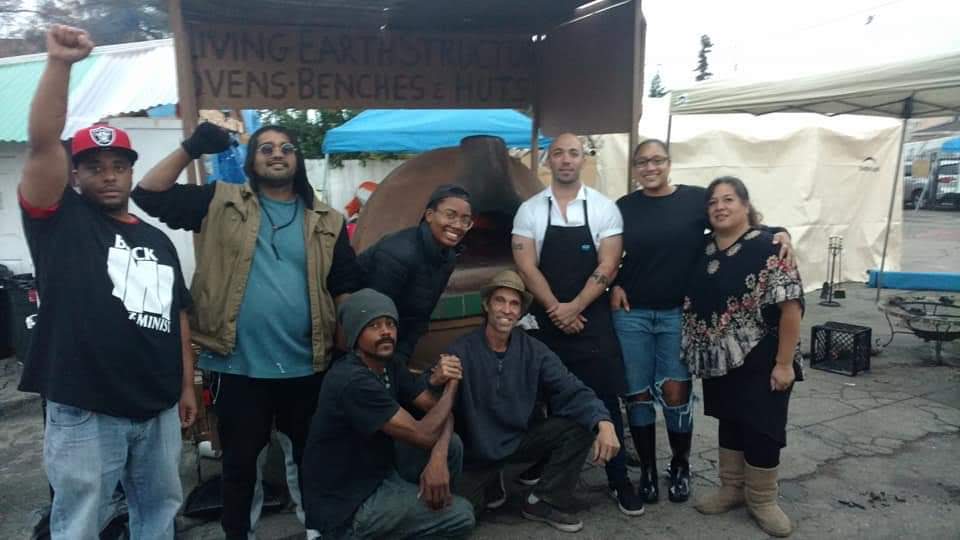
OAKLAND, CA — In December 2018 I filed the first temporary restraining order, preliminary injunction and civil rights lawsuit by an unhoused community against the city of Oakland and its agents.
The city did not want this case to go to court. So they settled.
To be clear, we the plaintiffs were arguing that the city should stop evictions altogether and build permanent housing to house anyone whatever their income or lack of income. The settlement is a compromise reflecting the best we could achieve in a system that does not serve or protect our best interests in this specific lawsuit.
The wins we gain in the legal system are small. This lawsuit needs to be understood as part of a small tactic in a larger strategy of the fight for housing AND the right to exist AND the fight to protect our humanity. The real big work happens every day – showing up to support unhoused neighbors, unhoused communities organizing themselves, fighting to end gentrification and putting in place a development model that centers housing as a human right rather than a commodity, protecting and expanding tenants’ rights, pushing back and dismantling the police state, and ultimately burning this wicked system to the ground and embracing our own humanity.
The Housing and Dignity Village settlement came out of the first of many civil rights lawsuits filed against the city of Oakland by unhoused communities. Each lawsuit can and will chip away at the larger homeless industrial complex that has blown up in the midst of a housing affordability crisis in a homeless emergency. In fact, now that this lawsuit is over myself and another plaintiff in this lawsuit are currently filing to challenge the city’s practice of illegally seizing and impounding vehicles people live in
The Housing and Dignity village settlement specifically focused on trying to halt the destruction of unhoused people’s personal properties. The article says some of our property was destroyed. The truth is all property of all residents was destroyed, including valuables that can never be replaced again. The settlement also sought to change policy around adequate notices, and for no evictions during specific weather conditions. The settlement also placed all of the city’s homeless interventions under federal oversight for the next year. The judge who presided over our settlement negotiations will be in charge of oversight.
